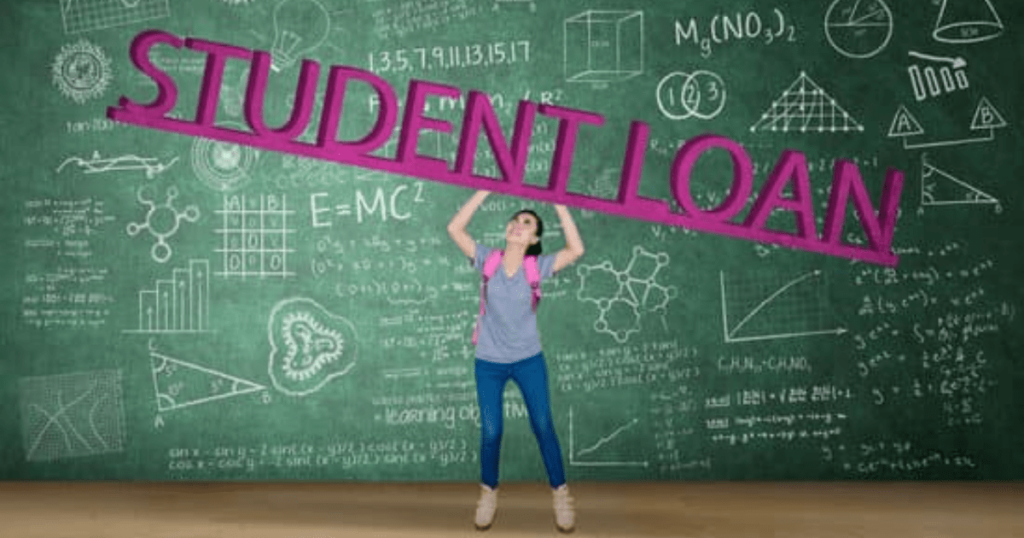Higher education is no longer an option but rather a necessity for anyone who wants to make it in today’s life. If you have a degree or several degrees the chances of getting a well-paying job are higher compared to those who only have a college education. However, the main question which most people ask is how do student loans work?
Also, the right degree is one of the greatest tools you can have when it comes to following your passion and also remaining marketable.
However, don’t forget that the higher you climb in the academic ladder the higher the associated costs. That’s why student loans exist. How do student loans work?
Let me explain.
What Are Student Loans?
This is money you borrow towards funding your education and it has to be paid back over time with interest. The college you attend will include loans as part of your financial aid offered.
If you can get a grant or scholarship go for that since you won’t have to pay back the money. However, not everyone will get scholarships or grants and that’s where student loans come in.
They make a real difference in that case. How do student loans work is a question whose answers are discussed below.
How To Apply For Student Loans?
In every college application, you will be required to fill out a FAFSA. Note the FAFSA deadlines because they keep on changing year after year.
However, they are available at the start of every fall for those joining college the next fall in most cases.
Government Student Loans
You can use your own financial information when applying for government student loans if you are independent. For dependent students, a parent’s or guardian’s financial information will suffice.
Private Student Loans
These are loaned by credit agencies, banks, or any other financial organization. They have a separate application process though.
Sites like alltuition.com and finaid.org can help you compare private student loans. The amount you can take out and repayment options are determined by the lender.
How Do Student Loans Work- How Much Can You Borrow?
The amount of loan that one can borrow depends on the level of the student for example, undergraduate or grad student.
Undergraduate
Perkins loans
If you have demonstrated exceptional financial need you can get up to $5,500 per year up to the program expiry.
Direct Subsidized And Direct Unsubsidized Loans
You can borrow between $5,500 and $12,500 per year.
Grad Students
Perkin Loan
$8000 every year until the end of the program
Direct Unsubsidized Loans
Up to $20,500 per year until the program expires
Direct Plus Loans
These loans cover the remaining college costs that are not covered by financial aid.
How Much Should You Borrow?
You cannot understand how do student loans work when you haven’t figured out how much you should borrow. Just because you have a certain loan limit doesn’t mean you have to borrow the maximum amount.
The offer on financial aid you get is arrived at after estimating your living expenses. You can choose to get a lower amount if you feel you can get by with that or turn down the loan completely.
Borrow only the amount you need. It is good to work out your estimated living expenses and how much you need for an emergency fund.
The final figure gives you a good number on how much loan you should apply for.
When applying for student loans ensure you don’t take more than you will earn during the first year after college. You will have to repay the loan whether your plans change or you fail to get the job you had hoped for.
Thus, make sure you can still manage to repay the loan even when you are earning a meagre salary. Also, consider the interest rates and how much grace period you will have before you begin to repay the loan.
When And How Do You Pay Loans
This is crucial when it comes to how do student loans work. Federal student loans have flexible repayment options.
They change based on your life situation. You can apply for forbearance and also deferment.
However, if you had applied for unsubsidized loan note that the interest will keep accumulating during the deferment period.
You will have a 6-month grace period for federal loans after schools but you can still choose to stay paying the loan back early.
Private loan repayment terms differ with some being flexible and allowing deferment or forbearance but others may require you to start paying back the loan even before you graduate.

